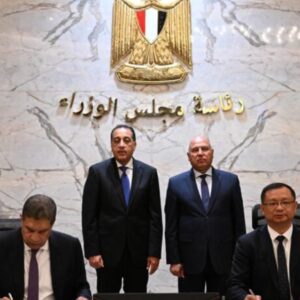
During its meeting today, chaired by Dr. Mostafa Madbouly, the Cabinet approved a draft decree by the Prime Minister to establish the National Council for Health Tourism, headed by the Deputy Prime Minister for Human Development. The council aims to regulate health tourism and improve the quality of its services, with the aim of increasing the number of tourists coming to Egypt to receive health services.
The Council shall meet at the invitation of its Chairman at least once every three months, or whenever necessary, and the Prime Minister shall preside over the Council if he is present.
The Council Chairman shall submit to the Prime Minister a periodic report every three months on the results of the Council's work, including the tasks that have been accomplished within its jurisdiction, the timetable set for completing the tasks currently being implemented, the difficulties facing its work, and the mechanism for overcoming them.
The National Council shall exercise powers and issue binding decisions that enable it to achieve its objectives related to health tourism. To this end, it shall be responsible for developing a national strategy for health tourism, supervising its implementation, monitoring it, and updating it in line with international developments in this field. It shall also develop programs and mechanisms to raise awareness of the importance of health tourism, promote it, and encourage private sector participation in this field. It shall also establish standards for providing health tourism services in accordance with international standards. It shall also prepare national statistics that determine the number of beneficiaries of health tourism services in Egypt, reflecting Egypt’s position in global indicators in this field. It shall also develop marketing policies to advertise health tourism services according to a unified national approach.
The National Council is also responsible for establishing a unified national electronic platform that includes various data related to health tourism in Egypt, and supervising its services, while working to ensure the achievement of the principle of equal opportunities between the public and private sectors in providing health tourism services, in addition to facilitating beneficiaries’ access to various health tourism services, overcoming various obstacles facing them, and establishing a mechanism for receiving, investigating, and resolving complaints from beneficiaries of health tourism services.




